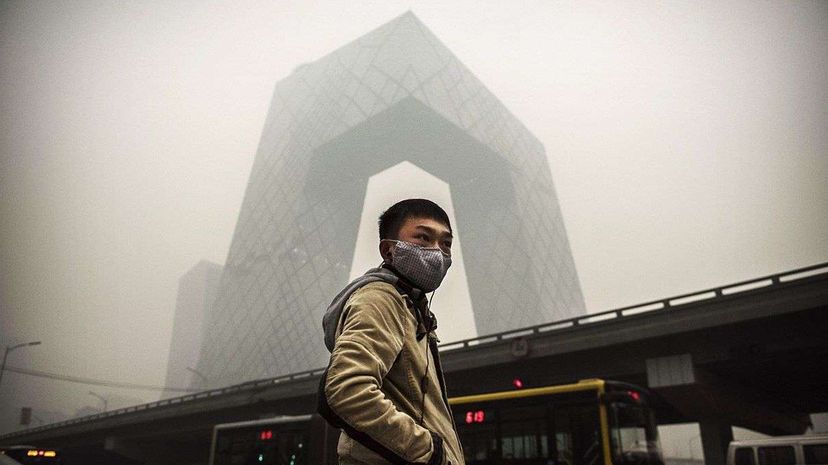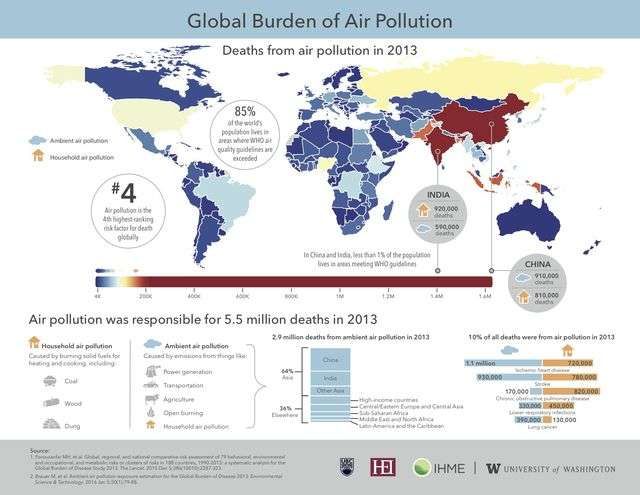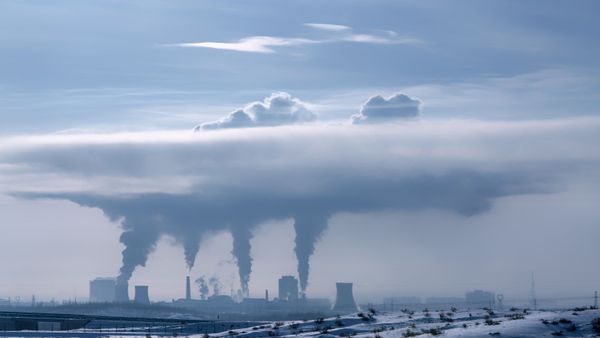
Air pollution is responsible for 5.5 million premature deaths around the world each year, according to research just released. Both outdoor and household air pollution contribute to the deaths, the new international research concluded.
More than half of those deaths happen in China and India, the world's two most populous countries, and two of the fastest-growing economies in the world. Collectively the populations of China and India comprise only about 36 percent of the world's 7.4 billion people, but 55 percent of the pollution-related deaths in the world, meaning people living in those rapidly industrializing countries are at a higher risk of than many other nations.
Advertisement
The impact of air pollution on the human body manifests in many ways. Cardiovascular disease accounts for most deaths, while lung cancer, chronic obstructive pulmonary disease (COPD) and respiratory infections are also a significant outcome.
"Air pollution is the fourth highest risk factor for death globally, and by far the leading environmental risk factor for disease," said Michael Brauer, a professor at the University of British Columbia's School of Population and Public Health in Vancouver, Canada. "Reducing air pollution is an incredibly efficient way to improve the health of a population."
Researchers from China, India, Canada and the United States shared data and collaborated on the research, presenting it at the 2016 annual meeting of the American Association for the Advancement of Science.
Air pollution killed 1.6 million people in China and 1.4 million in India in 2013, the researchers said. The primary contributor to Chinese air pollution is coal burning, while in India the largest contributor is the burning of biomass — wood, dung and more — as fuel for cooking and heating.
"Our study highlights the urgent need for even more aggressive strategies to reduce emissions from coal and from other sectors," said Qiao Ma, a doctoral student at the School of Environment, Tsinghua University in Beijing, China.

Advertisement

